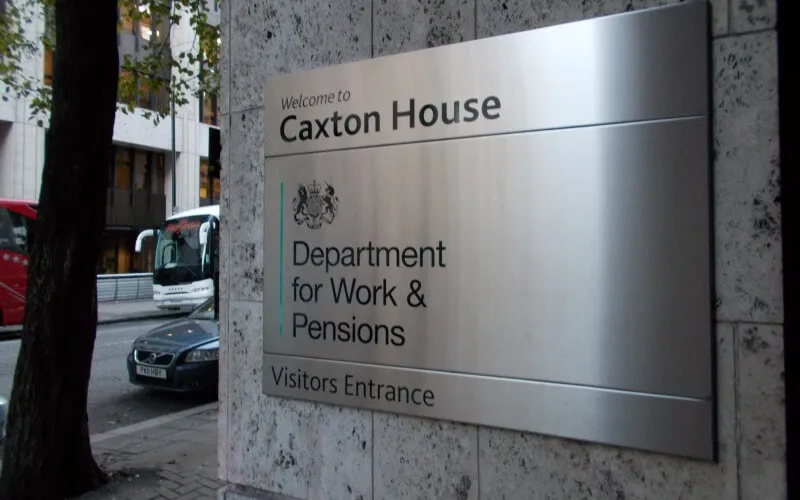A disabled man who lives in a mobile home because of his agoraphobia says he faces being made homeless because of Department for Work and Pensions (DWP) rules on housing support that were introduced alongside universal credit.
David* says he needs to live somewhere quiet because of his significant levels of mental distress.
He says his rented mobile home on a caravan park near Telford allows him the peace he needs.
But the rent he pays is more than the local housing allowance (LHA) rate that DWP insists is the maximum he can receive through his monthly universal credit payments.
Despite David finding numerous websites that state that LHA does not apply to those living in caravans or mobile homes, those rules applied to housing benefit and have changed under universal credit.
He is now only eligible for the appropriate LHA rate, which for a one-bed home in Shropshire is £399.98 a month, about £150 less than the rent he pays for the mobile home.
Meanwhile, he is having £40-a-month deducted from his universal credit (UC) for a debt he says he does not owe.
DWP says this is for a recovery of housing benefit that was overpaid to him and which it is now deducting on behalf of the local council.
But David says he has repeatedly told the authorities that there has been no overpayment and “there is no evidence of that money going anywhere near me”.
Following a work capability assessment (WCA), David was placed in the UC limited capability for work group because of his mental health, heart condition and visual impairment, which means he did not receive the increase in his monthly payments he would have received if he had been placed in the limited capability for work-related activity group.
He says he is now £3,000 in debt and is falling further behind every month because he uses his personal independence payment to fund the shortfall in his rent.
He was advised to apply for discretionary housing payments (DHPs), but Shropshire council has told him it cannot help him because his current living situation is “unsustainable without support”, the mobile home has not been adapted, there is no sign that his housing situation will change, he is not taking action to reduce the need for “ongoing support”, and “alternative properties would provide the same facilities without the need of ongoing support from the DHP fund”.
David told Disability News Service that he believes DWP is persecuting him and that it is constantly threatening him with a benefit sanction if he does not attend jobcentre meetings, even though they know about his agoraphobia.
He said DWP is also ignoring his questions.
He said: “I keep asking them to talk to me, but they keep ignoring me. They keep punishing me, they keep threatening.
“They say, ‘We will sanction you if you don’t keep your appointments.’ They know I can’t go out. It’s as if they are trying to push and push and push me to kill myself.”
He believes the mobile home is the best available location to keep him in good health.
David said: “I can’t afford anywhere else. I need somewhere quiet because of my stress. I don’t leave the park ever.
“I don’t want any more than I am due.”
DWP declined to comment, but provided information about his case, with his permission.
And it said that David can seek another WCA if his health has worsened significantly since his last assessment.
Shropshire council had failed to comment by noon today (Thursday).
*Not his real name
A note from the editor:
Please consider making a voluntary financial contribution to support the work of DNS and allow it to continue producing independent, carefully-researched news stories that focus on the lives and rights of disabled people and their user-led organisations.
Please do not contribute if you cannot afford to do so, and please note that DNS is not a charity. It is run and owned by disabled journalist John Pring and has been from its launch in April 2009.
Thank you for anything you can do to support the work of DNS…

 ‘Dangerous’ rollout of universal credit ‘poses threat’ to disabled claimants
‘Dangerous’ rollout of universal credit ‘poses threat’ to disabled claimants Tory MP brands plan to scrap WCA and allow work coaches to decide fitness for work ‘a crazy idea’
Tory MP brands plan to scrap WCA and allow work coaches to decide fitness for work ‘a crazy idea’ Spring tour for austerity installation on DWP deaths that was inspired by war photographers
Spring tour for austerity installation on DWP deaths that was inspired by war photographers